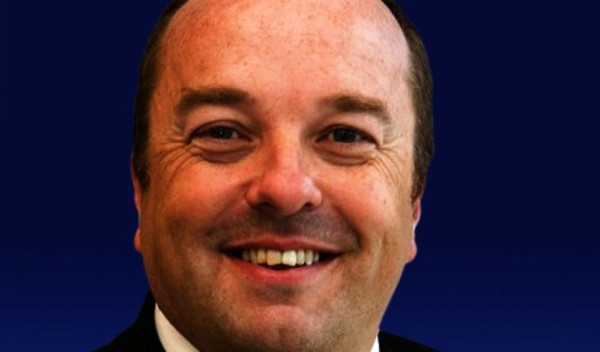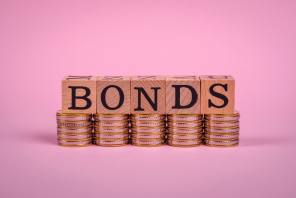

'Stagflation' is the phrase used by economists to describe the phenomenon of persistently high inflation and persistently low economic growth.
Policymakers thus have a dilemma, they can put up interest rates to try to push inflation downwards, but that would be expected to dampen economic growth.
If rates are cut to stimulate economic growth, then inflation continues to rise.
Mr Paolini said: "The effects of a full-scale trade war will extend far beyond the US and China, threatening stagflation worldwide. When trade breaks down, everybody loses.
"Our calculations show a full-scale trade war between the US and China – which we still think is unlikely – would tip the global economy into stagflation and lead to a sharp decline in world stocks.
"A 10 per cent tariff on US trade could see global inflation rise by about 0.7 percentage points, reducing corporate earnings and possibly cutting 15 per cent from global stocks' price-to-earnings ratios.
"The impact of a trade war will be felt far beyond the two world's largest two economies. In some instances, open economies in countries such as Taiwan, Korea and Singapore in Asia and Hungary, the Czech Republic and Ireland in Europe could be more vulnerable than the US and China.
"History repeats: the erection of trade barriers is bad for equity markets: the S & P 500 fell 10 per cent in the three months after US President Richard Nixon imposed a 10 per cent tariff on imports in mid-1971. As the International Monetary Fund's (IMF) chief Christine Lagarde rightly observed, nobody wins a trade war."
The UK economy is slowing at a pace faster than the data suggests, and stagflation is coming, according to David Coombs, head of multi-asset investing at Rathbones.
Mr Coombs believes there is a risk the Bank of England will misread the health of the economy, and put interest rates up just at the point when the economy enters a post-Brexit slowdown.
He said he expects Brexit to lead to a slowdown in the economy, and a decline in the value of sterling relative to other currencies.
He has bought gold for the three funds he manages, believing the precious metal can be a safe haven ahead of market strife. In terms of equity exposure, he is focused on companies with low levels of debt as he thinks they can cope best when interest rates rise.
One investor relatively unconcerned about the impact of a trade war is star fund manager Neil Woodford.
He said investors continue to prepare for a world of higher inflation, but the reality is very different.
As FTAdviser has previously reported, Mr Woodford’s funds continue to perform poorly, with his positive outlook on the UK domestic economy unrequited by the wider market.
His flagship £6.1bn Woodford Equity Income fund is the worst performing in the IA UK All Companies sector over the past year.
Mr Woodford said a change of priority from policy makers in China and higher interest rates in the US will push global inflation downwards.
Edward Park, investment director at Brooks MacDonald, has bought some more UK equities on the basis that if a period of market strife will soon be upon us, then the best option is to be invested in the cheapest market, which is the UK.
David Scott, an adviser at the firm of Andrews Gwynne in Leeds, said he has placed many of his clients into 40 per cent cash, because he said asset prices have been inflated by low interest rates, with the result that when interest rates rise, equity and bond prices will fall.
david.thorpe@ft.com



